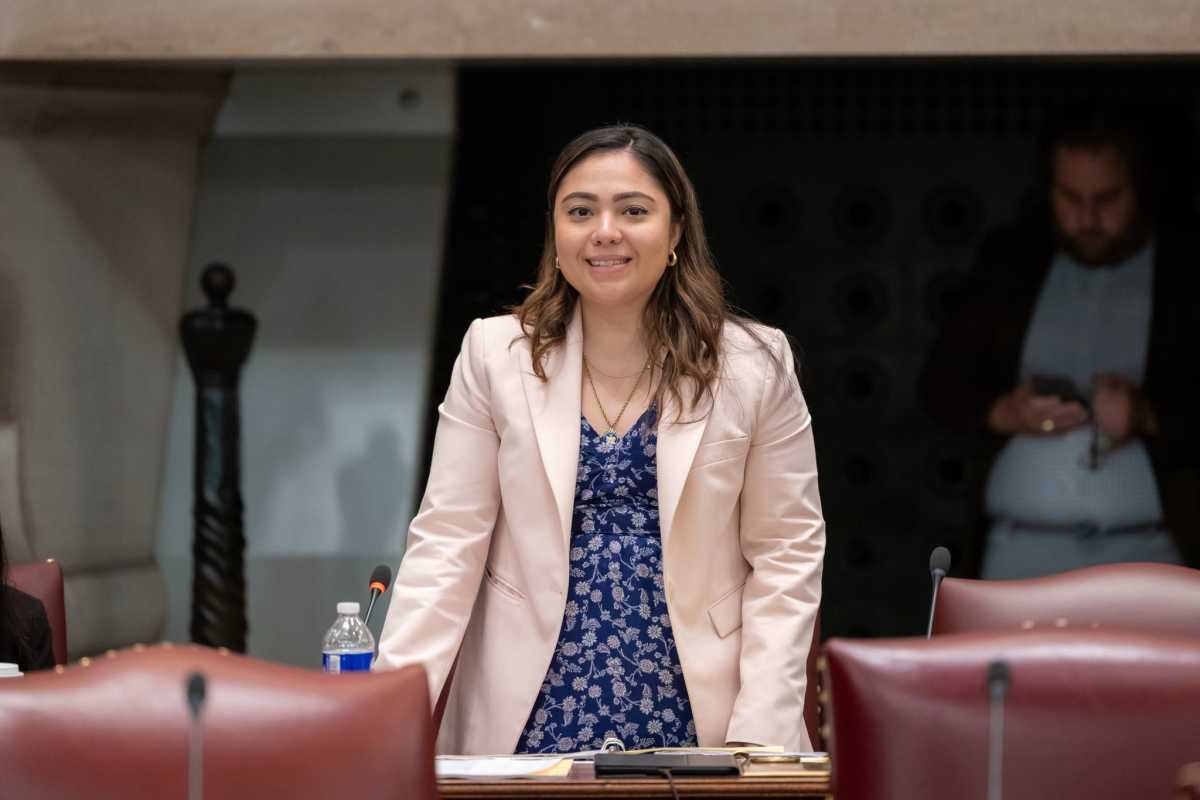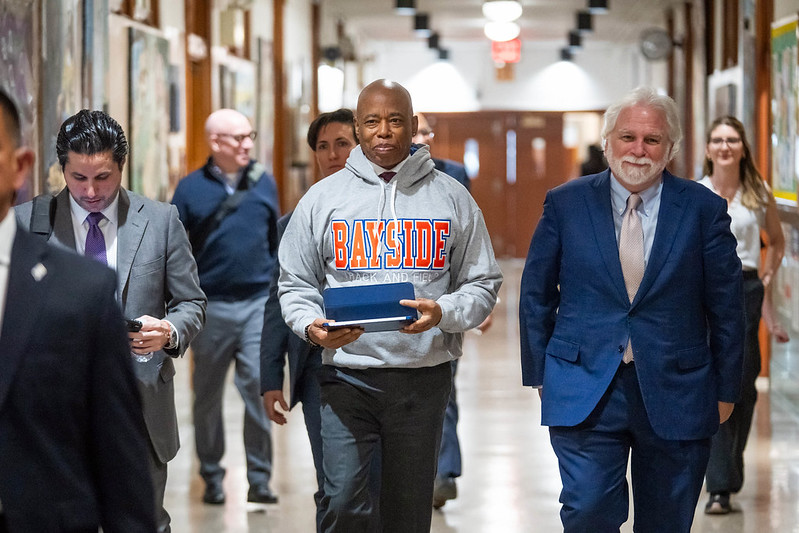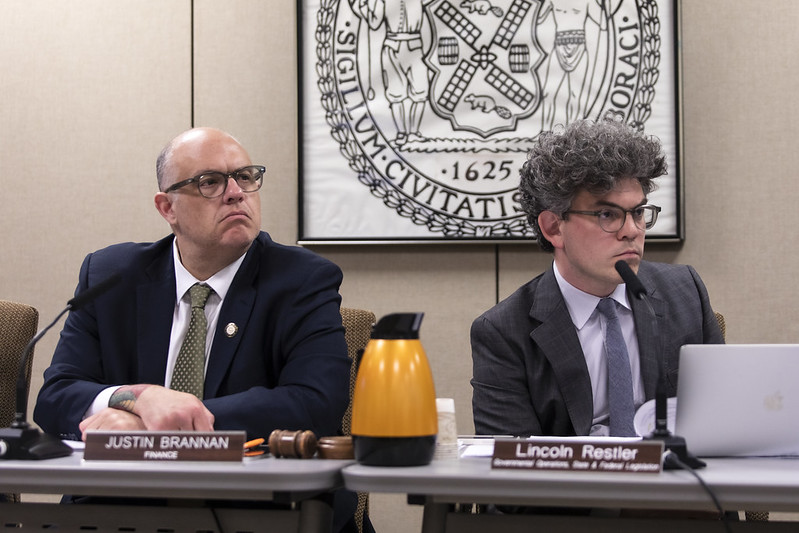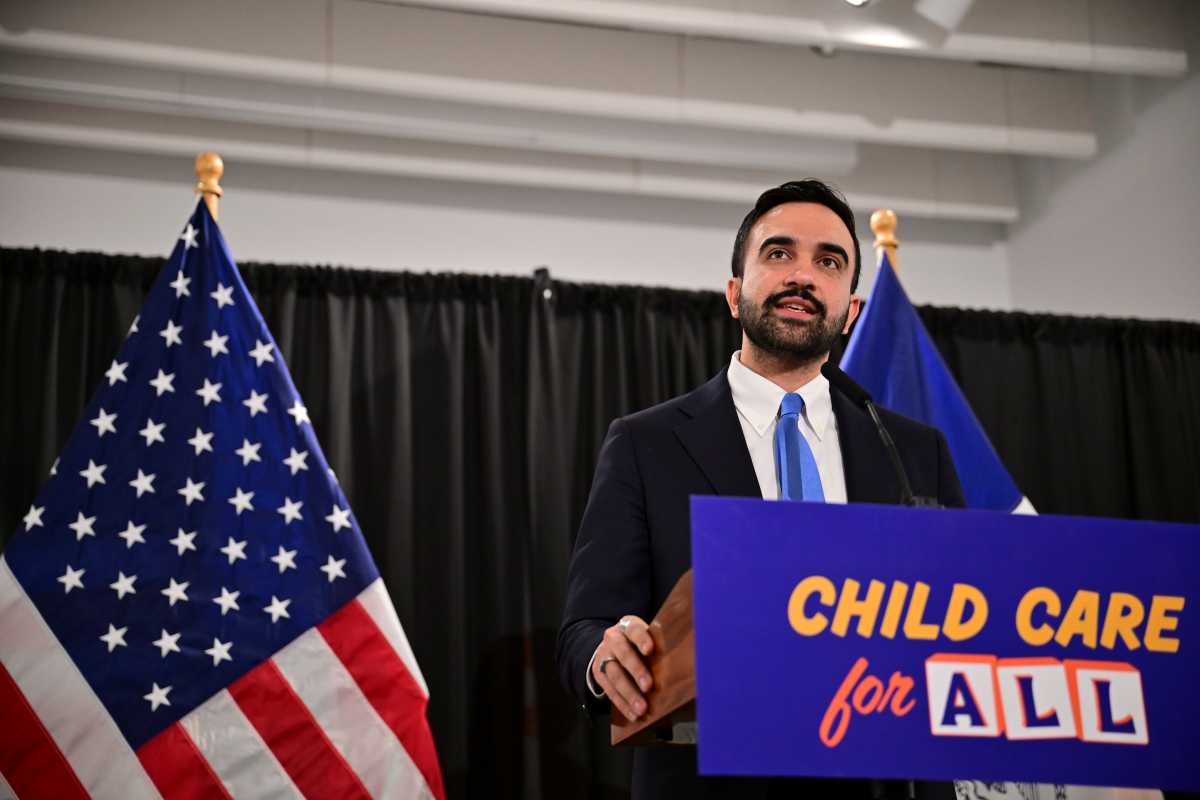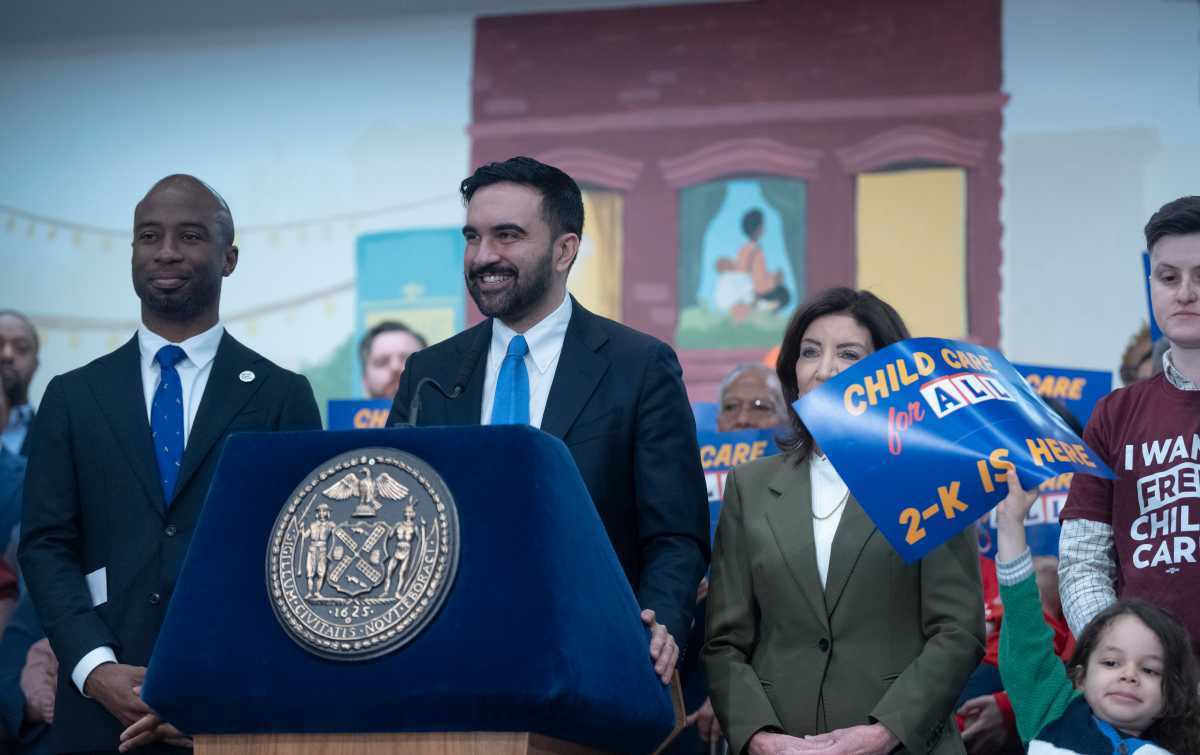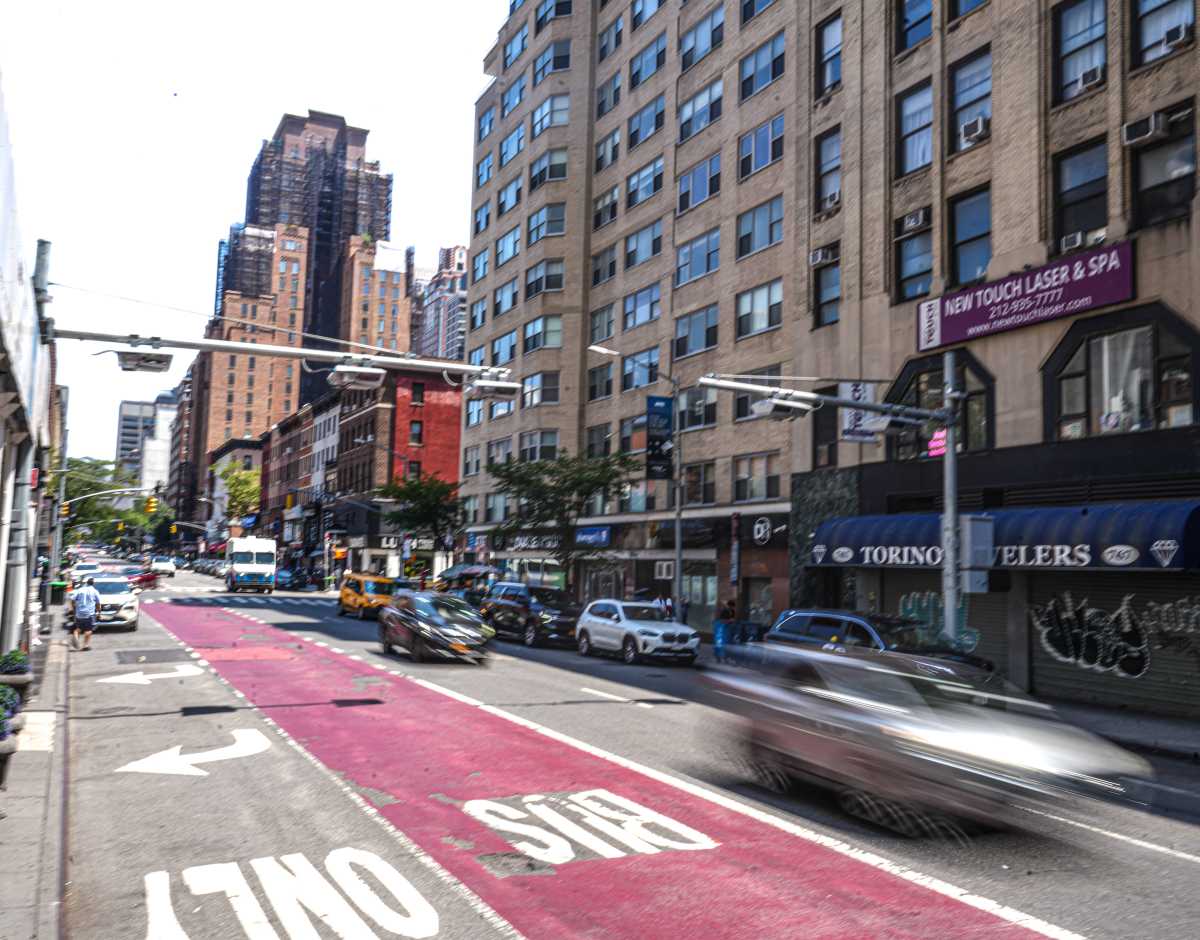State Sen. Kristen Gonzalez has called for a reform to New York’s tax brackets to ensure that the wealthiest residents in the state “pay their fair share” as a means to combat federal funding cuts implemented in President Donald Trump’s “One Big Beautiful Bill.”
Speaking at a virtual town hall on Oct. 6, Gonzalez said funding cuts implemented in the bill would devastate New York’s healthcare system, jeopardizing the healthcare coverage of roughly two million New Yorkers and causing the direct loss of 78,000 jobs in the healthcare sector.
Gov. Kathy Hochul has previously stated that the proposed cuts would amount to an annual loss of $13.5 billion for New York State, including a near-$6 billion loss for the state’s Medicaid program.
Gonzalez, meanwhile, said at Monday’s virtual town hall that the bill will create a deficit of $750 million for FY26 before creating a $3 billion deficit the following year. She forecasted that the deficit will rise to $10 billion annually from 2030.
To combat this potential deficit, Gonzalez has proposed a series of measures to raise additional revenue within New York State, including the addition of 10 new tax brackets aimed at the highest earners in New York.
“We all have a responsibility to do what we can for our fellow New Yorkers, and that includes millionaires and billionaires in our state who are not paying their fair share right now,” Gonzalez said Monday night.
She estimated that adding 10 new income brackets would generate up to $20.4 billion every year for the state.
Gonzalez also called for an increase to the state’s corporate tax rate to match that of many states in the Northeast, stating that a reform would generate an additional $7 billion per year.
Introducing a surcharge for capital gains of over $500,000 per year would introduce another $12 billion in annual revenue, Gonzalez said.
She also called on the state to tax inheritance above $250,000, which she said would generate roughly $4 billion annually, and said a 1% increase in personal income tax for all taxpayers earning over $250,000 would result in $5 billion per year.
Gonzalez also told the virtual townhall that New York’s hospitals and healthcare systems would be devastated by the cuts introduced by the bill.
As a result of millions losing coverage, hospitals across the state would be forced to close or impose layoffs to cope with a reduced demand for healthcare, Gonzalez said.
Citing a report from the Greater New York Hospital Association, she added that the cutbacks could result in the loss of up to 200,000 jobs in the state’s healthcare sector, which would see New York lose $14.4 billion in lost hospital-generated economic activity through the loss of wages and the purchase of goods and services.
Meanwhile, changes to Medicaid eligibility requiring recipients to perform 80 hours of work, study or community service every month could lead to an additional $500 million in administrative costs, Gonzalez stated.
Gonzalez further stated that changes to the Supplemental Nutrition Assistance Program (SNAP) imposed by the Big Beautiful Bill will see New York assume the cost of 15% of all SNAP benefits, totalling $1.1 billion in costs. The federal government has historically covered the costs of all SNAP benefits, with the state and federal government evenly splitting administrative costs of the program. Trump’s bill see state’s take on 75% of the administrative costs as well as funding 15% of SNAP benefits.
Gonzalez said the changes will create an “administrative nightmare” for the state.
She insisted that the state legislature has already taken actions to address the funding cuts by investing $3.5 billion in gross operating aid for financially distressed hospitals as well as investing $1.1 billion to ensure that hospitals, nursing homes and healthcare centers are funded to support the patients that they serve. Both measures were introduced in the FY25 state budget.
Gonzalez also argued that the state legislature had helped residents facing food insecurity by allocating $340 million for the Universal School Meals Program and ensuring that every public school student in the state is eligible for two free meals per day. The state legislature also allocated $47.8 million to maintain the SNAP benefits of some of the most vulnerable residents in the state, Gonzalez said.
She added that Trump’s bill would also cut funding for green energy projects in the state and increase household energy costs by 3.4% per year by ending clean energy tax credits, citing a report by Fair Share America.
Gonzalez further called on the state legislature to pass a number of measures that she said would protect the state’s immigrant communities from federal authorities.
She called on the state to pass the New York for All Act, which prohibits state and local officers from enforcing federal immigration laws and prohibits ICE from state or local property without a judicial warrant among other regulations.
An Access to Representation Act would establish and fund a right to legal representation, Gonzalez said, while a proposed MELT Act would prohibit federal immigration authorities from wearing masks or hiding their identification.
Monday’s town hall also heard from Melanie Dulfo, Director of Community Health Education at APICHA Community Healthcare, Natalie Gomez-Velez, Dean of the CUNY School of Law, Liz Moran, New York Policy Advocate at Earth Justice, and Jen Hernandez with Make the Road NY.
More than one hundred constituents, community partners and grassroots organizers tuned into the virtual event, according to Gonzalez’s office.

